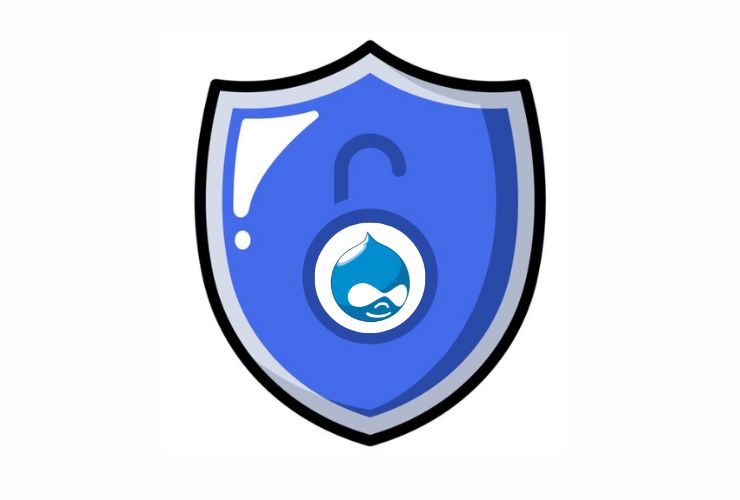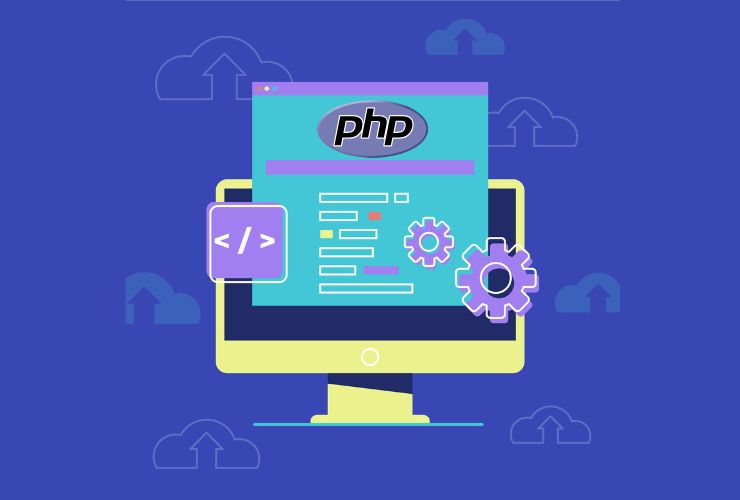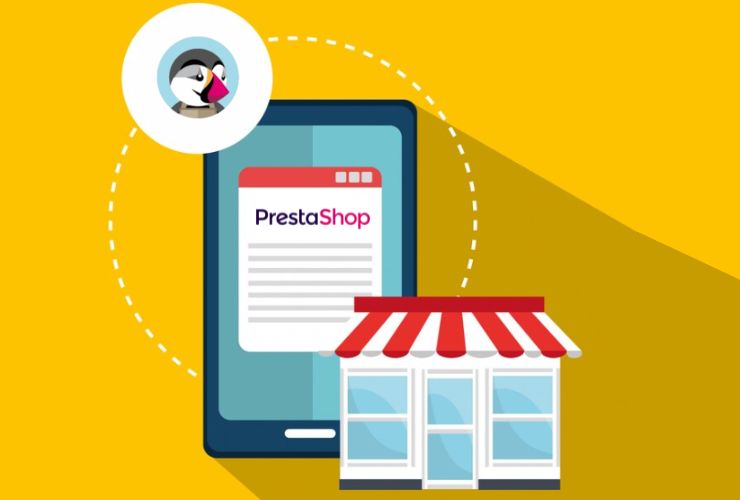In this digital era, where so many cases of breaches and cyber attacks abound, it would be very apt to have a secured Content Management System (CMS). Of the predominant open-source CMS alternatives, safety and architecture stewardship has catapulted Drupal into the top tier. Drupal stands trusted by the world’s governments, enterprises, non-profits, and academic institutions as an acceptable platform in building secure web sites. Now, let’s dig deeper into the details of why Drupal is your best bet at securing your online presence.
1. The Gold Standard of High Security Standards
Drupal provides the gold standard of secure coding in the CMS market. The best-practice standards of coding from Drupal ensured that vulnerability is reduced to its minimum levels. The Drupal Security Team keeps looking round the clock into possible threads and rectifies the mistakes in time by patches and updates if any problem is found.
Example: It has loads of documentation and training to make sure the developers adhere to high security standards in the development of custom modules and themes under Drupal.
2. Highly Granular Access Controls
The other great feature about Drupal is that it can define and manage roles and permissions with high precision, ultimately allowing only the right people to gain access to sensitive parts of your website.
Scenario: If your website has more user levels, including administrators, editors, and contributors, then it is pretty easy to restrict access to certain pages or content.
3. Periodic Security Updates
Drupal takes an aggressive approach toward security by updating regularly against newly discovered vulnerabilities. Thus, your website is protected against all emerging threats.
Impact: Due to the older CMS versions, there is a risk of exploitation on websites. Drupal makes it easy to update and greatly reduces the risks.
4. Active Global Community
Drupal is an open-source platform and therefore, it has communities of developers and security professionals around the world. The very active community comes together, identifies the vulnerabilities in the platform, analyses the code, and provides patches immediately. All these factors make Drupal to be very robust in totality.
Strength in Numbers: Thousands are coming together to contribute towards Drupal in diverse ways, and it is impossible for the system to fail any list relating to CMS security.
5. Advanced Authentication Options
Drupal offers advance methods of authentication to secure the user accounts including the following
- Two-Factor Authentication (2FA): Provides safety for the user login
- Single Sign-On (SSO): Very well integrate with enterprise-level authentication systems.
- Bonus-This is particularly helpful when organizations focus on the strength of identity and access management.
6. Database Encryption
The core of Drupal can encrypt data regarding your user credentials, payment information or customer files. This means even if hackers break into your database, this information is useless to them.
Some Key Use Cases: The biggest beneficiary for this level of data security are e-commerce sites and health care portals.
7. Industry Standards Compliance
Drupal has been developed keeping in mind strict regulations as follows:
- GDPR (General Data Protection Regulation): It protects user data privacy in the EU.
- HIPAA (Health Insurance Portability and Accountability Act): Drupal is used for health care applications.
- PCI DSS (Payment Card Industry Data Security Standard): It safeguards online transactions for e-commerce sites.
Real-World Application: Organizations that operate businesses in regulated industries can rely on Drupal to meet compliance requirements without much hassle.
8. Protection against Common Attacks
Drupal has many security features that ensure your website cannot be hacked in almost all ways, which are very common, example:
- SQL Injection: this is because of strict validation of inputs
- Cross-Site Scripting (XSS): because of the internal sanitization methodologies available on user’s inputs
- Cross-Site Request Forgery (CSRF): through safe tokens mechanisms
- Consequence: That reduces possible breaches of your data by about a percentage range. Your site will be well secure and save for visitors,
9. Scalability With No Security Trade-Off
It is also one of the very common application scenarios for Drupal, high-traffic sites that can do it with great performance and no security compromise in its architecture that supports advanced caching mechanisms and load balancing to make your website scale safely and securely.
Example: It includes a government website that is using Drupal which is kept in high security at a time but millions of users access the site.
10. Custom Security Configurations
Actually, it’s quite a modular design and you can customize your security settings quite easily on the website. It also lets you configure SSL certificates so you are able to use third party security tools using the power of Drupal for utmost flexibility for specific requirements.
Conclusion
Security can no more be an added value but rather a must in today’s digital world. Since commitment to high security, proactive updates, a global community, and powered features are needed by businesses and organizations concerned about the security of their data, they prefer Drupal.













 Database Development
Database Development












































